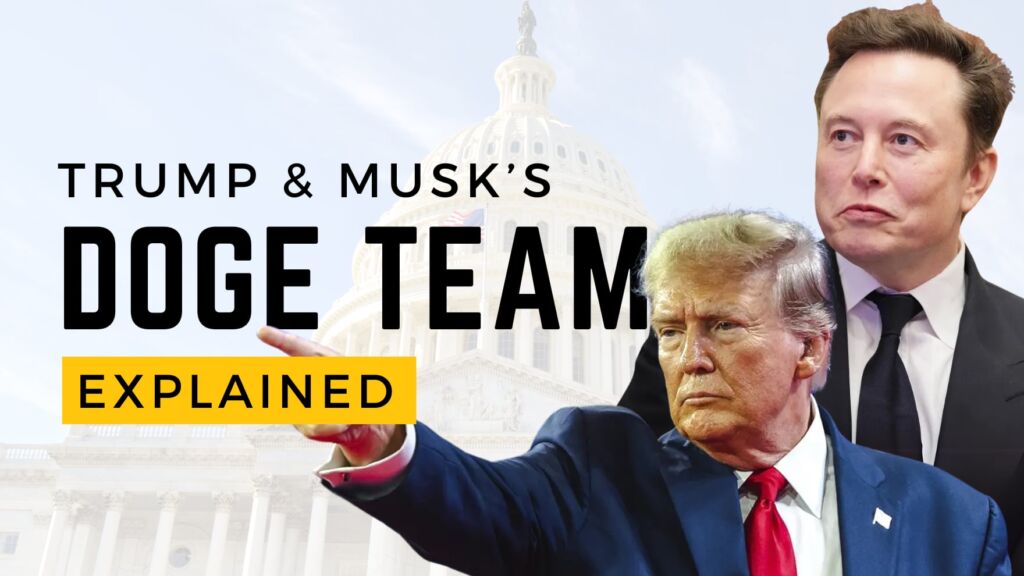President Trump signed an executive order establishing the Department of Government Efficiency (DOGE). The initiative is designed to modernize federal IT systems, enhance agency operations, and improve workplace efficiency. While its stated goals focus on streamlining processes, federal employees may experience shifts in oversight, workplace policies, and legal protections.
Here’s what federal employees need to know about this new initiative, its potential impact, and what legal challenges are already underway.
What Is the Department of Government Efficiency (DOGE)?
DOGE is designed to streamline government operations and increase efficiency by modernizing outdated IT infrastructure, enhancing agency interoperability, and improving data security. The order requires every federal agency to establish a DOGE team within 30 days, consisting of:
- An attorney
- A DOGE team leader
- An engineer
- A human resources specialist
These teams will work with the United States Digital Service (USDS) to implement changes, focusing on data integration, IT modernization, and reducing bureaucratic inefficiencies. However, the order also grants unprecedented access to agency records and IT systems, raising concerns about data security and employee privacy.
How Will DOGE Impact Federal Employees?
While the executive order emphasizes modernization, it comes with several implications for federal workers:
1. Increased Workplace Monitoring
With a focus on improving IT systems and data synchronization, DOGE could lead to stricter monitoring of federal employees. Government-issued computers and networks may be subject to more oversight, potentially affecting how employees are evaluated and tracked in their roles.
2. Return-to-Work Policies May Be Affected
The Biden administration previously relaxed federal remote work policies, but DOGE’s push for efficiency could lead to changes in return-to-work expectations. Employees may face increased scrutiny regarding work-from-home arrangements and daily productivity tracking.
3. Potential Staffing and Budget Cuts
The administration has cited cutting wasteful expenditures as a primary goal of DOGE. This could mean:
- Agency restructuring
- Budget reallocations
- Potential job eliminations or role shifts
Federal workers should stay informed about how their departments implement these changes and advocate for workplace protections where needed.
Legal Challenges and Concerns About DOGE
DOGE has already sparked legal challenges, with critics arguing that it grants excessive authority to the USDS while failing to define clear privacy safeguards. Some key concerns include:
- Employee Privacy: The executive order grants DOGE teams broad access to unclassified agency records and IT systems, raising questions about how employee data will be handled.
- Potential Violations of Existing Labor Protections: Some federal unions argue that increased oversight could infringe on employees’ rights, including the ability to challenge unfair monitoring or job restructuring.
- Security Risks: Critics worry that a rapid overhaul of federal IT systems could introduce security vulnerabilities, rather than improve efficiency.
What’s Next for Federal Employees?
With agencies required to establish DOGE teams within 30 days, changes will be implemented quickly. Here’s what federal employees can do to stay informed and protect their careers:
✅ Stay Updated: Follow developments within your agency and be aware of changes in IT policies and employee monitoring.
✅ Know Your Rights: Consult legal resources or federal employee unions to understand how DOGE could affect workplace rights and remote work policies.
✅ Monitor Legal Challenges: Lawsuits are already in motion, and the implementation of DOGE may change based on court rulings and legislative oversight.
Need Legal Guidance? The Spiggle Law Firm Can Help
As federal workplace policies shift, it’s more important than ever to stay informed and prepared. If you’re a federal employee concerned about how DOGE could impact your job, speak to an attorney to understand your rights and next steps.
📞 Call our government employee hotline: 202-968-2248
💬 Join our free online community to discuss workplace issues and receive expert legal insights: spigglelaw.com/community





